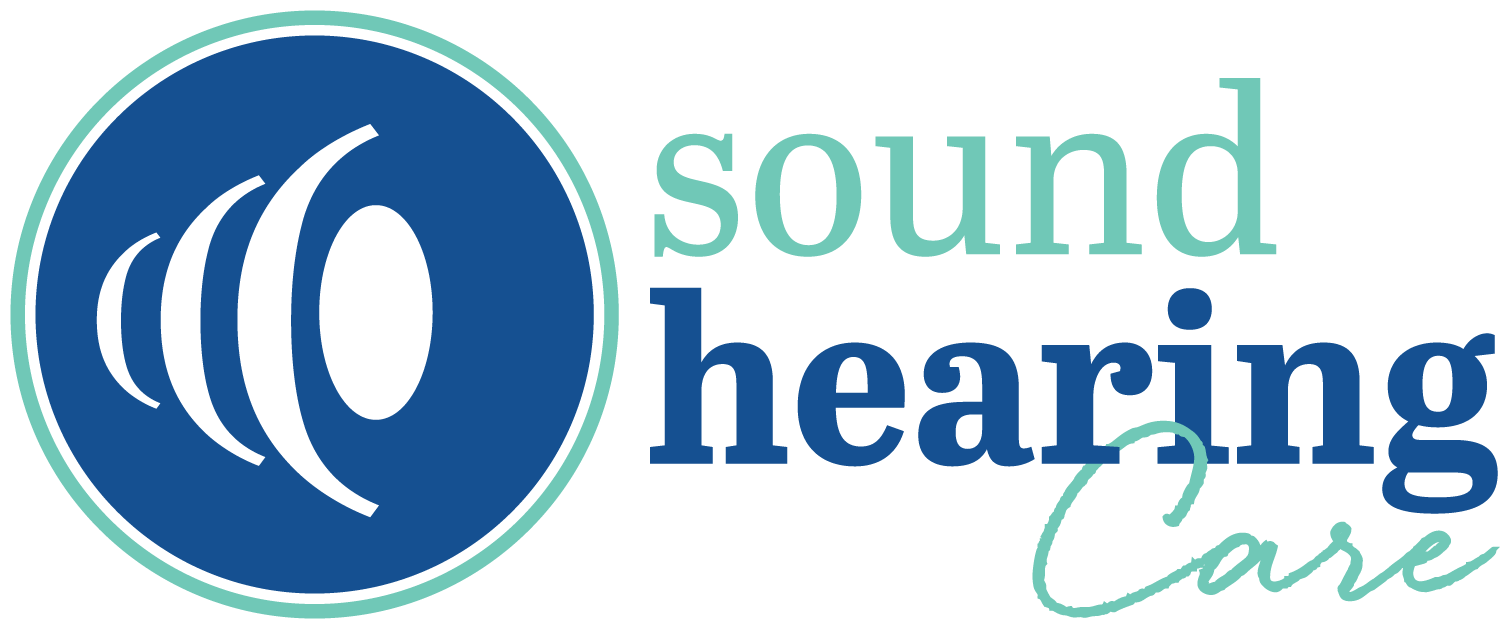Sound Hearing Care Recognizes National Audiology Awareness Month
October is National Audiology Awareness Month, and this brings the attention to taking care of your hearing and protecting your hearing. Protecting your hearing should be at the top of everyone’s list when it comes to taking care of their health. Loud sounds, especially those that happen frequently, can cause damage to your hearing. This kind of hearing loss is called Noise-Induced Hearing Loss (NIHL) and can be immediate or gradual over time. Exposure to loud noises can cause not only hearing loss but also tinnitus. Hearing loss and tinnitus can be prevented with proper care and precautions.
How can you avoid loud noises?
When you know in advance that you will be exposed to loud noises, such as on an airplane or at a concert, you can protect your ears by wearing noise-blocking headphones or earplugs. When a loud noise happens that you can’t avoid, such as from dropping something heavy, you can cover your ears to protect them as much as possible.
Who is at risk of hearing loss and tinnitus?
No matter your age, everyone is at risk for NIHL, which is why it is essential to protect your ears when you know you will be exposed. People think that only those over age 65 are at risk for, but the opposite is true. The majority of people with hearing loss and tinnitus are under age 65, and only 1/3 older than 65 have hearing loss. The statistics prove that people need to take better care and precautions when it comes to their hearing, starting at a young age. If you find yourself in a situation where you are shouting over other noises, your hearing is at risk.
When was the last time you had your hearing checked? If you can’t remember, then it’s time to schedule an appointment! Contact Sound Hearing Care at 864-881-1663 and visit any of our four convenient locations in Simpsonville, Greer, Travelers Rest, and Greenville.




